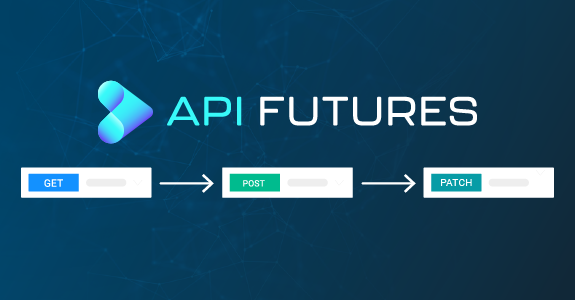A Forex data API stands out as a valuable resource for businesses, delivering both real-time and historical data concerning the foreign exchange market. This information proves beneficial for various purposes such as international trade, e-commerce transactions, financial analysis, and the examination of trends and patterns. Additionally, developers leverage Forex APIs to construct financial applications, including Forex trading apps and apps designed for predicting Forex rates. Despite the growing popularity of Forex APIs, there remain several advantageous yet lesser-known applications of this API.
In this article, we will delve into intriguing facts and practical use-cases of a Forex data API that may be unfamiliar to you.
Importance that we have to know:
Comprehending Forex Data API:
The Forex Data API, also known as an Application Programming Interface, functions as a conduit between diverse software applications, facilitating seamless communication and data exchange. In the realm of forex trading, APIs play a crucial role in granting access to real-time market data, historical prices, and a diverse array of other vital information. Typically provided by financial institutions, data providers, and forex brokers, these APIs form an integral part of the trading landscape
Real-Time Market Data:
Utilizing a Forex Data API offers a significant advantage through its provision of access to live market data. This encompasses real-time currency prices, bid-ask spreads, and market depth. Traders can obtain information up to the second, empowering them to make prompt decisions and seize opportunities in the market.
Historical Data Analysis:
Forex Data APIs also furnish historical data, enabling traders to engage in thorough analysis and conduct back testing of their trading strategies. Historical data sets prove invaluable for recognizing patterns, comprehending market trends, and fine-tuning trading algorithms. The capability to access historical data seamlessly through an API streamlines the research process, thereby augmenting the overall efficiency of traders.
Automation and Algorithmic Trading:
The surge of algorithmic trading strategies has been significantly facilitated by APIs. Traders can streamline their trading operations by linking their algorithms directly to the Forex Data API. This automated process guarantees quick and efficient execution of trades according to predetermined criteria, mitigating the influence of human emotions on trading decisions.
Security and Authentication:
When handling financial data, security is of utmost importance. Respected Forex Data APIs incorporate strong security measures and authentication protocols to protect confidential information. Traders must be diligent in selecting APIs from reliable providers and adhering to best practices to secure their API connections.
Consideration of Costs:
While several Forex Data APIs provide free entry with limited functionalities, more advanced features may involve additional expenses. Traders need to meticulously assess the pricing structures of various APIs, taking into account factors such as the frequency of data updates, the extent of historical data, and any supplementary features provided.
Opting for the Appropriate Forex Data API:
The selection of the right Forex Data API holds significant importance for the success of any trader. Key factors in this decision-making process include evaluating the reliability of the data provider, the breadth of instruments covered, the ease of integration with trading platforms, and the quality of customer support offered. It is advisable to thoroughly test the API before incorporating it into live trading systems.
Comprehensive Documentation:
The API includes in-depth documentation that thoroughly explains all API endpoints, features, methods, and parameters. Furthermore, the documentation includes multiple coding examples in various programming languages to simplify the integration process.
Distinguished from Retail Rates:
Respected forex data vendors acquire forex data from well-known banks, institutions, and broker-dealer networks. They aggregate this data and deliver it in real-time to their users. APIs for currency exchange provided by such reputable vendors are more precise and dependable.
Rates displayed for currency exchanges for travelers differ from bank rates and interbank markets. Retail money exchange rates may exhibit significant skew, making them unsuitable for certain applications.
The significance of lower latency becomes apparent when it comes to ensuring faster updates on currency prices and accessing the best FX APIs. it has a profound impact on the efficiency of your market research and influences the decisions made in the realm of trading
Conclusion:
In the continually changing realm of forex trading, maintaining a competitive edge necessitates access to precise and timely information. Forex Data APIs have become essential for traders and investors, delivering real-time market data, historical analysis, and the framework for algorithmic trading. Through a comprehensive understanding of the vital facets of Forex Data APIs and making well-informed decisions, traders can leverage the capabilities of these tools to improve their decision-making procedures and, in the end, attain success in the dynamic landscape of forex trading.




